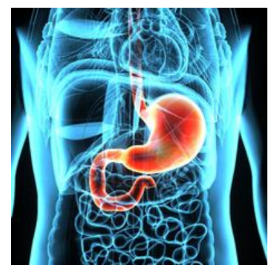precisionFDA/NCI-CPTAC Challenge Top Performers to Present at RECOMB2019 DREAM Satellite Conference
 In February 2019, the precisionFDA and the National Cancer Institute’s (NCI) Clinical Proteomic Tumor Analysis Consortium (CPTAC) (in coordination with DREAM Challenges) proudly announced the best performers in the first-ever Crowdsourced Multi-omics Sample Mislabeling Big Data Challenge.
In February 2019, the precisionFDA and the National Cancer Institute’s (NCI) Clinical Proteomic Tumor Analysis Consortium (CPTAC) (in coordination with DREAM Challenges) proudly announced the best performers in the first-ever Crowdsourced Multi-omics Sample Mislabeling Big Data Challenge.

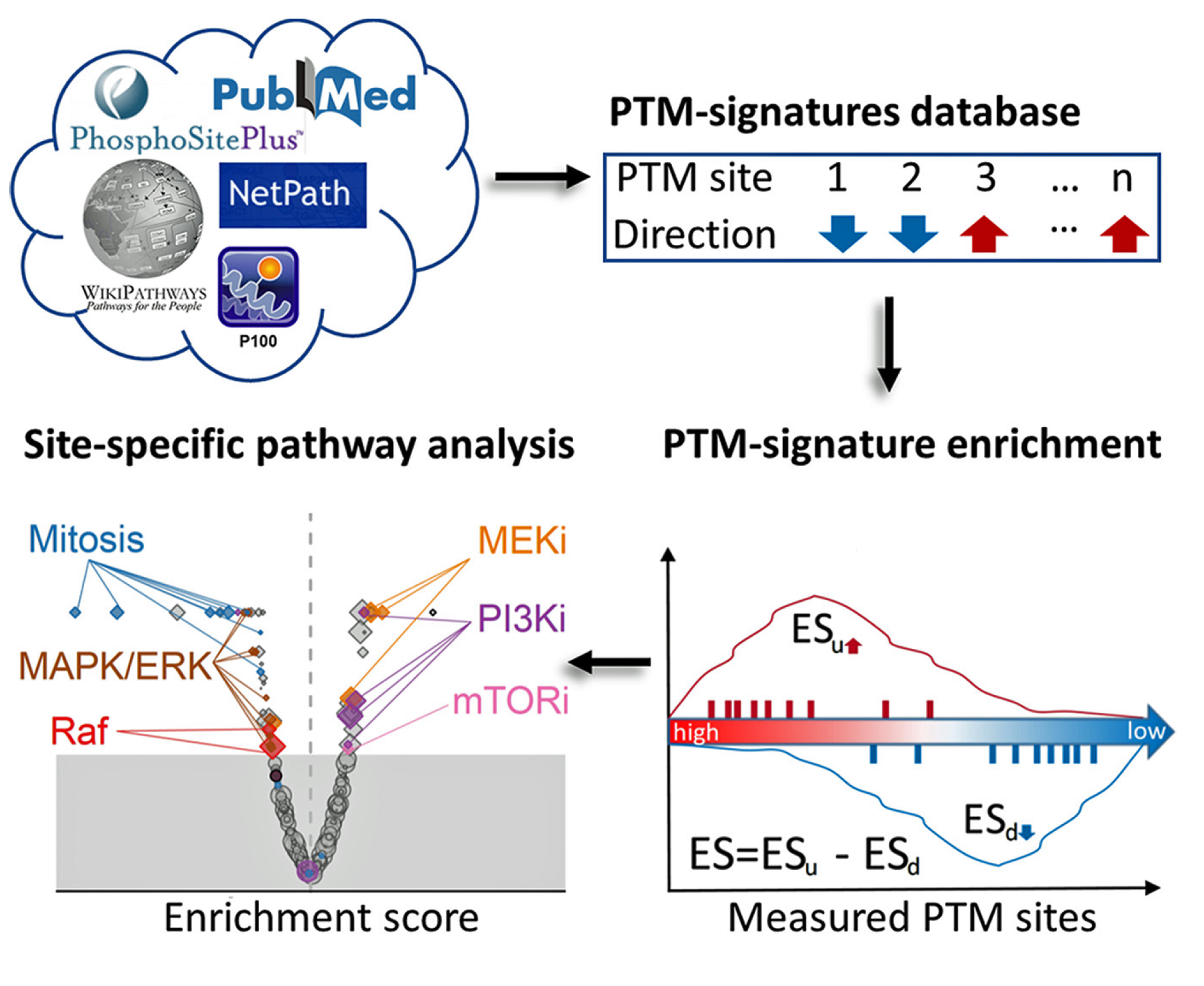 It is no coincidence that one cellular process is mentioned time and time again in discussions of cell-signaling pathways in cancer - that is phosphorylation. Since its discovery, it has come to be recognized as a global regulator of many intracellular processes such as growth, proliferation, and cell division.
It is no coincidence that one cellular process is mentioned time and time again in discussions of cell-signaling pathways in cancer - that is phosphorylation. Since its discovery, it has come to be recognized as a global regulator of many intracellular processes such as growth, proliferation, and cell division.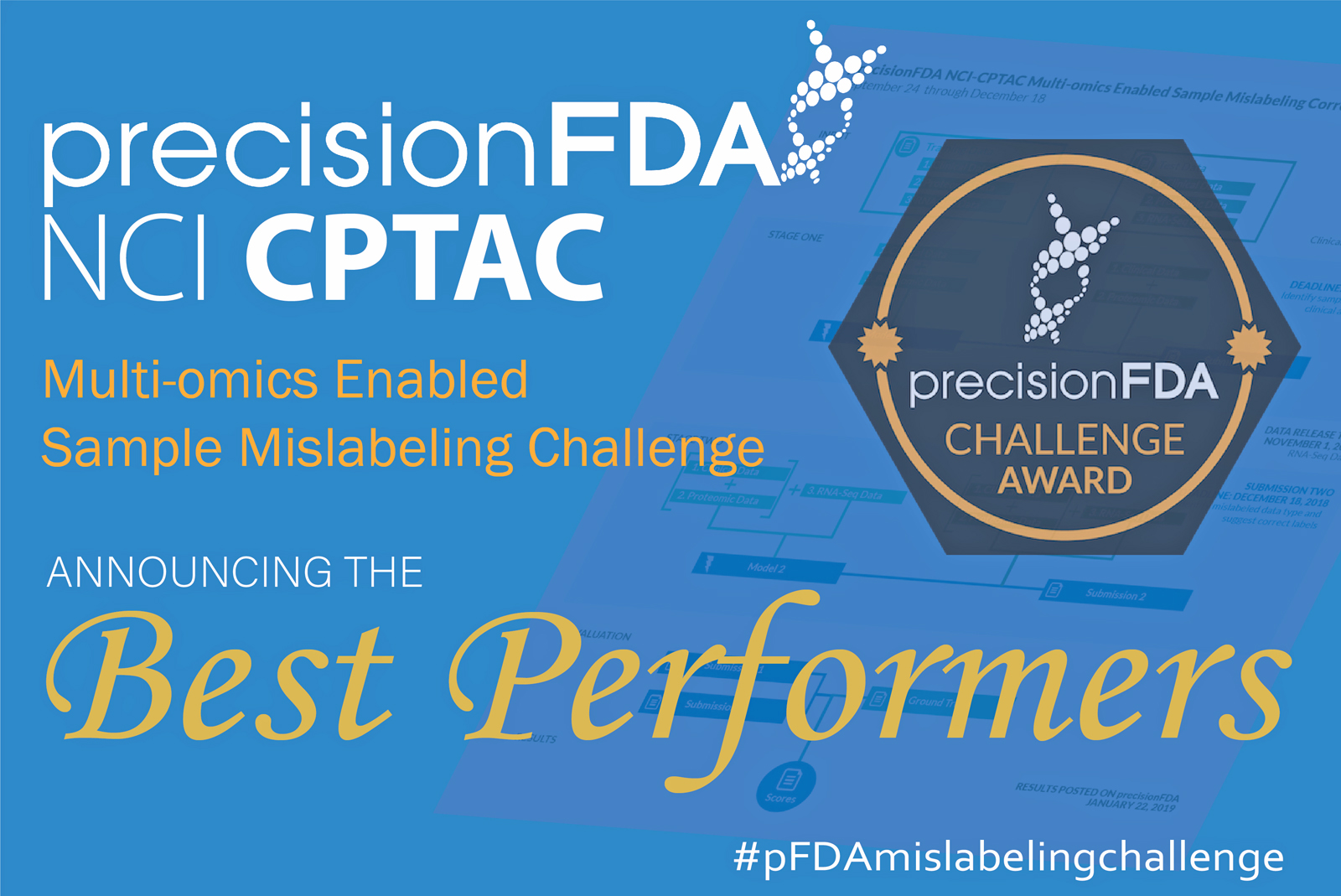 In biomedical research, sample mislabeling, or incorrect annotation has been a long-standing problem that contributes to irreproducible results and invalid conclusions. These problems are particularly prevalent in large scale multi-omics studies where human errors could arise during sample transferring, sample tracking, large-scale data generation, and data sharing/management.
In biomedical research, sample mislabeling, or incorrect annotation has been a long-standing problem that contributes to irreproducible results and invalid conclusions. These problems are particularly prevalent in large scale multi-omics studies where human errors could arise during sample transferring, sample tracking, large-scale data generation, and data sharing/management.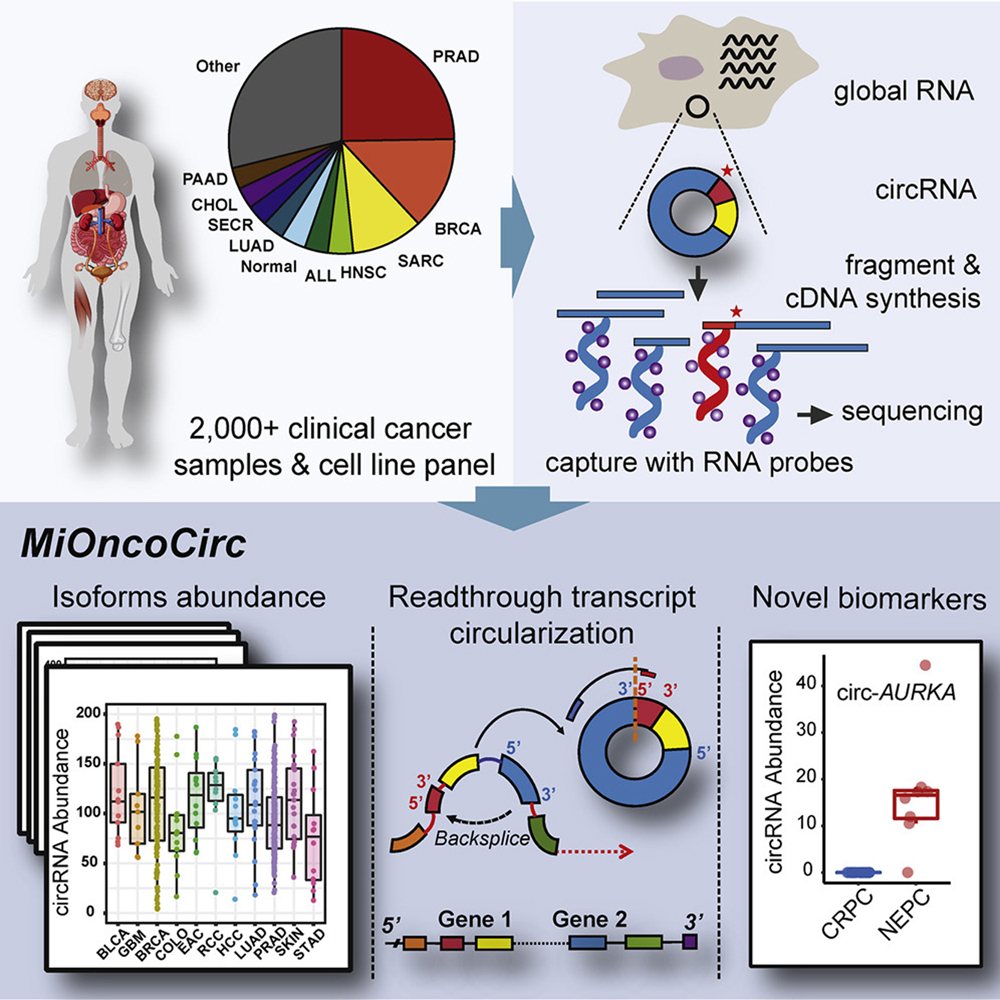 University of Michigan Rogel Cancer Center researchers Arul Chinnaiyan, Alexey Nesvizhskii and colleagues have recently teamed up to catalog circular RNA (circRNA) in multiple cancers and conducted initial research that suggests these stable structures could serve as cancer markers in blood or urine.
University of Michigan Rogel Cancer Center researchers Arul Chinnaiyan, Alexey Nesvizhskii and colleagues have recently teamed up to catalog circular RNA (circRNA) in multiple cancers and conducted initial research that suggests these stable structures could serve as cancer markers in blood or urine.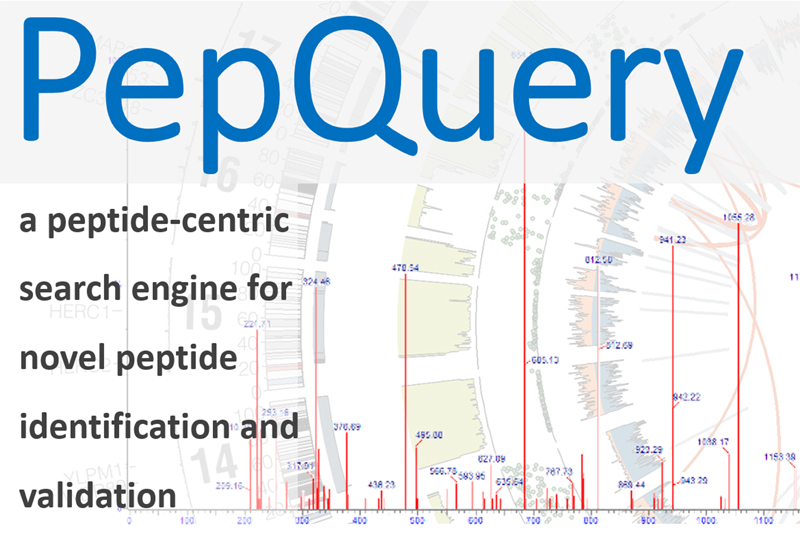 Integrative proteogenomic methods use mass spectrometry (MS)-based proteomic database for identifying new genomic alterations and validating novel protein sequences as potential disease biomarkers or therapeutic targets. The customized database approach is time consuming and not feasible for real-time web applications.
Integrative proteogenomic methods use mass spectrometry (MS)-based proteomic database for identifying new genomic alterations and validating novel protein sequences as potential disease biomarkers or therapeutic targets. The customized database approach is time consuming and not feasible for real-time web applications.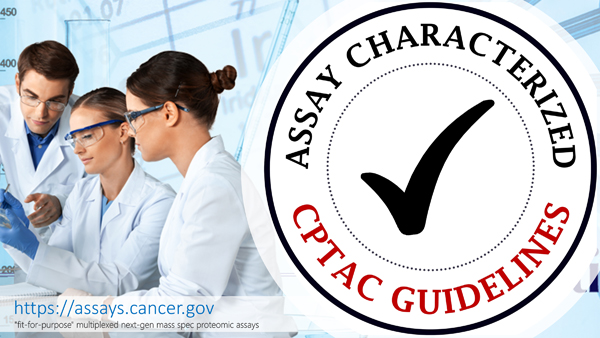 Built on a continuous partnership between National Cancer Institute (NCI) and the University of Victoria Genome British Columbia Proteomics Centre, NCI’s
Built on a continuous partnership between National Cancer Institute (NCI) and the University of Victoria Genome British Columbia Proteomics Centre, NCI’s 